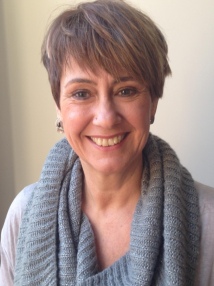BibTex format
@article{Dobra:2021:10.1016/j.jcf.2021.03.027,
author = {Dobra, R and Davies, G and Pike, K and Strassle, C and Allen, L and Brendell, R and Brownlee, K and Carr, S and Simmonds, N and Davies, J},
doi = {10.1016/j.jcf.2021.03.027},
journal = {Journal of Cystic Fibrosis},
pages = {978--985},
title = {Optimising equity of access: how should we allocate slots to the most competitive trials in Cystic Fibrosis (CF)?},
url = {http://dx.doi.org/10.1016/j.jcf.2021.03.027},
volume = {20},
year = {2021}
}

